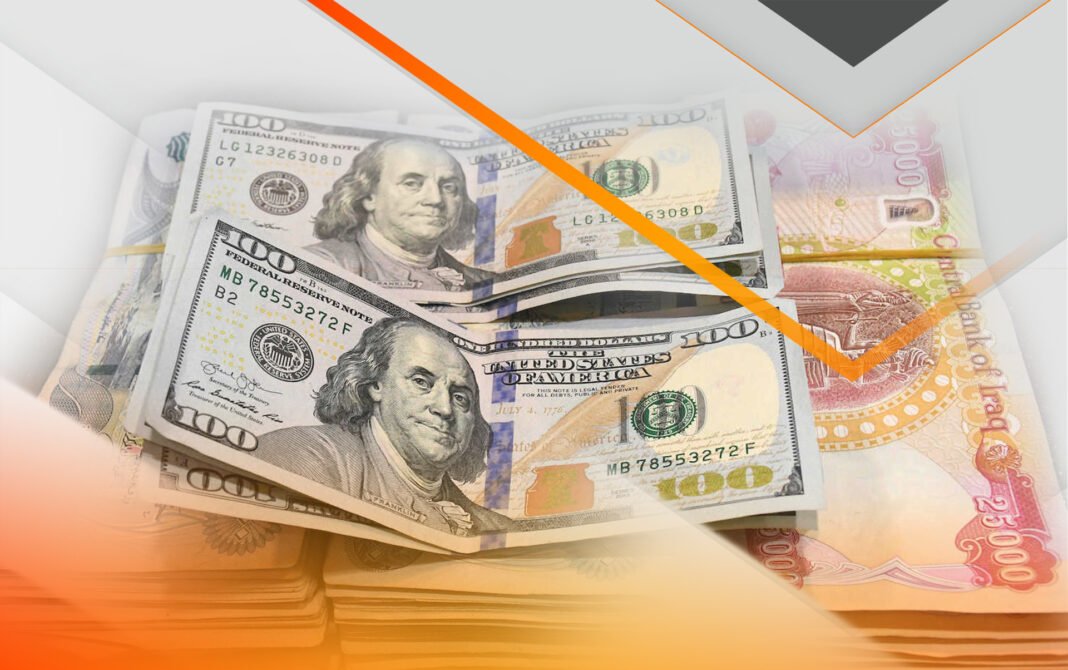Dollar prices drop in Iraq markets as Baghdad and Erbil see slight declines in exchange rates. This change reflects updated trading activity and broader financial trends. Iraq dollar prices drop now shapes decisions by traders, businesses, and currency dealers across both cities.
Additionally, in Baghdad, the central Al-Kifah and Al-Harithiya stock exchanges opened with lower figures. The US dollar rate dropped to 140,800 dinars per 100 dollars. This marks a small but clear decline from the previous rate of 141,050 dinars. The decrease suggests greater demand for the dinar or improved local liquidity conditions.
Currency exchange shops in the capital adjusted accordingly. The selling rate reached 141,750 dinars per 100 dollars. The buying rate dropped to 139,750 dinars. Iraq dollar prices drop further as traders align with central exchange rates. These shifts reflect supply levels, market confidence, and policy expectations.
In Erbil, the Kurdistan Region’s capital, dollar prices followed Baghdad’s trend. The selling price stood at 140,650 dinars per 100 dollars. The buying price came in slightly lower at 140,450 dinars. These numbers show a narrow gap between the cities. They also highlight the stability of Iraq’s currency market despite external pressure.
The current dip benefits certain sectors of the economy. Importers, travelers, and those making international purchases may see slight savings. Meanwhile, currency dealers are under pressure to manage narrow profit margins. Iraq dollar prices drop again, but dealers remain cautious about large rate swings.
These rate movements reflect a combination of local and global factors. Oil revenues, government spending, and international reserves all influence daily fluctuations. Iraq’s central bank continues to monitor markets closely, aiming to stabilize the dinar’s value and limit sharp volatility.
Looking ahead, market observers expect minor daily changes. The central bank may introduce more tools to manage supply and demand. As long as oil prices remain stable, Iraq’s currency is likely to hold steady. Still, traders will watch political news, global inflation, and foreign policy developments for signals.


